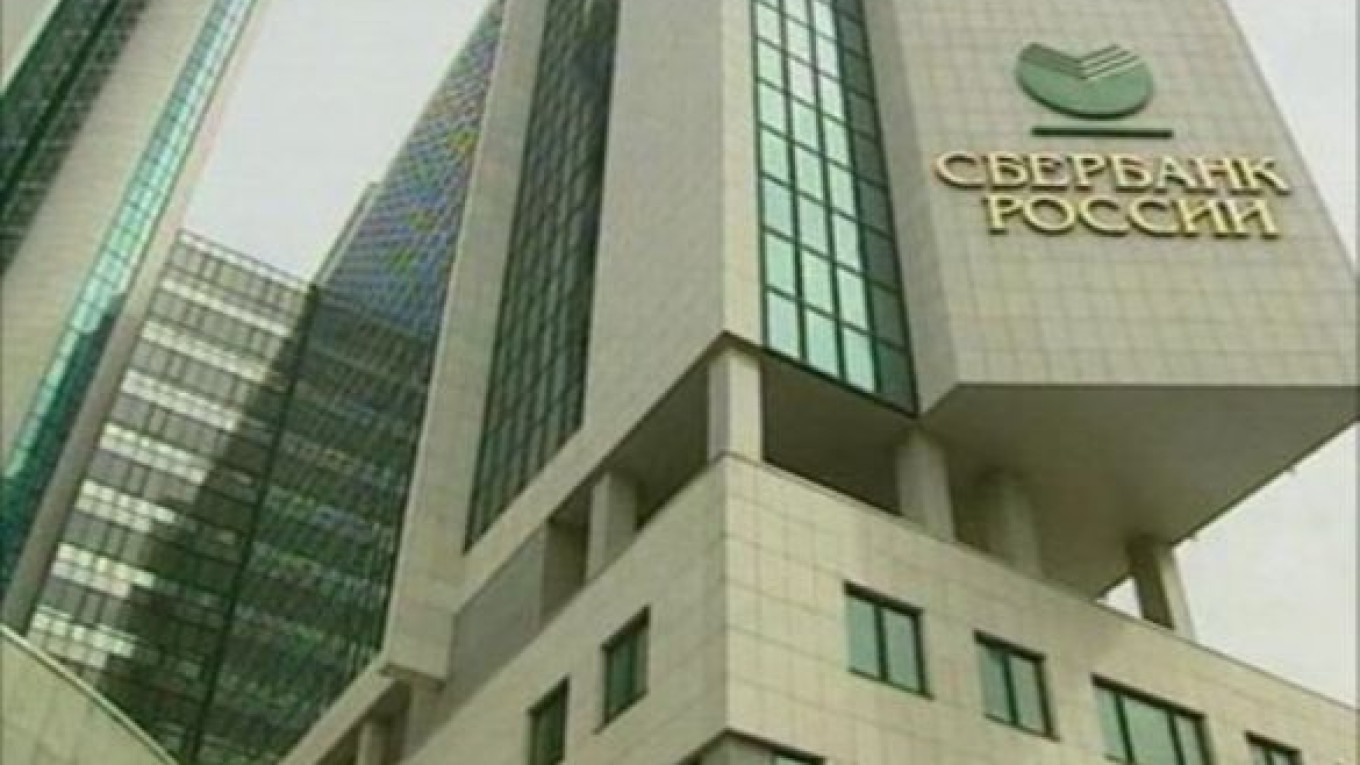Sberbank and VTB-24 dismissed concerns Thursday that the Cypriot crisis could negatively affect their financial performance amid reports that big clients might lose up to 80 percent of their deposits in Cyprus Popular Bank.
"It's a zero effect for VTB-24, perhaps even a positive effect, because part of the deposits by Russians could flow to VTB-24," said bank presidentMikhail Zadornov. VTB-24 is controlled by Russia's second-largest lender, VTB, which has subsidiaries in Cyprus.
Sberbank, which also has affiliates on the island, expressed a similar position, saying it did not foresee any dramatic consequences for its operations, primarily thanks to the insignificant size of its business in Cyprus.
"We won't be affected by the situation in Cyprus. … Our Cypriot accounts total less than 1 million euros [$1.28 million]," Sberbank's deputy? president Alexander Morozov told investors during a conference call after the bank released its 2012 results, Interfax reported.
But the lender pointed out in its financial statement that "it is not possible to fully predict further developments in Cyprus and potential economic, tax and banking regulatory measures and restrictions."
The bank's management in Russia will continue to monitor the situation in the island country to "protect the economic interests of the group," the statement said.
Cypriot banks resumed operations Thursday afternoon after two weeks of closure, with customers crowding at the doors to withdraw their money.
As part of the 10 billion euro bailout plan, those who have deposits of below 100,000 euros with Cyprus Popular Bank, also known as Laiki, will have their money protected, while depositors with over that amount will be hit hard.
Those with over 100,000 euros deposited in the bank might lose up to 80 percent of their savings, Cypriot Finance Minister Michalis Sarris said earlier this week in a first estimate of possible losses, with the country's second biggest lender facing liquidation. He said depositors would only be able to recover the remaining 20 percent in six to seven years.
"Looking the truth in the eye, big depositors … will get very little," he told Cypriot television channel RIC, Vedomosti reported.
Sarris also said large depositors of the Bank of Cyprus could lose 40 percent of their funds.
Most of the deposits of over 100,000 euros at the Bank of Cyprus and Laiki are held by Russian beneficiaries, the Financial Times reported Monday, citing an unidentified source.
Vneshekonombank CEO Vladimir Dmitriyev told Bloomberg on Wednesday that the state corporation is ready to consider creating a temporary mechanism to help Russian companies hit by the Cypriot crisis. Among those affected are Gazprom and Russian Technologies, as well as former Uralkali owner Dmitry Rybolovlev, according to Vedomosti.
Meanwhile Zadornov told reporters that one can only guess about the amount of Russian money stuck in Cypriot deposits. "No company will tell you about that," he said.
Contact the author at irina.filatova@imedia.ru
Related articles:
A Message from The Moscow Times:
Dear readers,
We are facing unprecedented challenges. Russia's Prosecutor General's Office has designated The Moscow Times as an "undesirable" organization, criminalizing our work and putting our staff at risk of prosecution. This follows our earlier unjust labeling as a "foreign agent."
These actions are direct attempts to silence independent journalism in Russia. The authorities claim our work "discredits the decisions of the Russian leadership." We see things differently: we strive to provide accurate, unbiased reporting on Russia.
We, the journalists of The Moscow Times, refuse to be silenced. But to continue our work, we need your help.
Your support, no matter how small, makes a world of difference. If you can, please support us monthly starting from just $2. It's quick to set up, and every contribution makes a significant impact.
By supporting The Moscow Times, you're defending open, independent journalism in the face of repression. Thank you for standing with us.
Remind me later.


